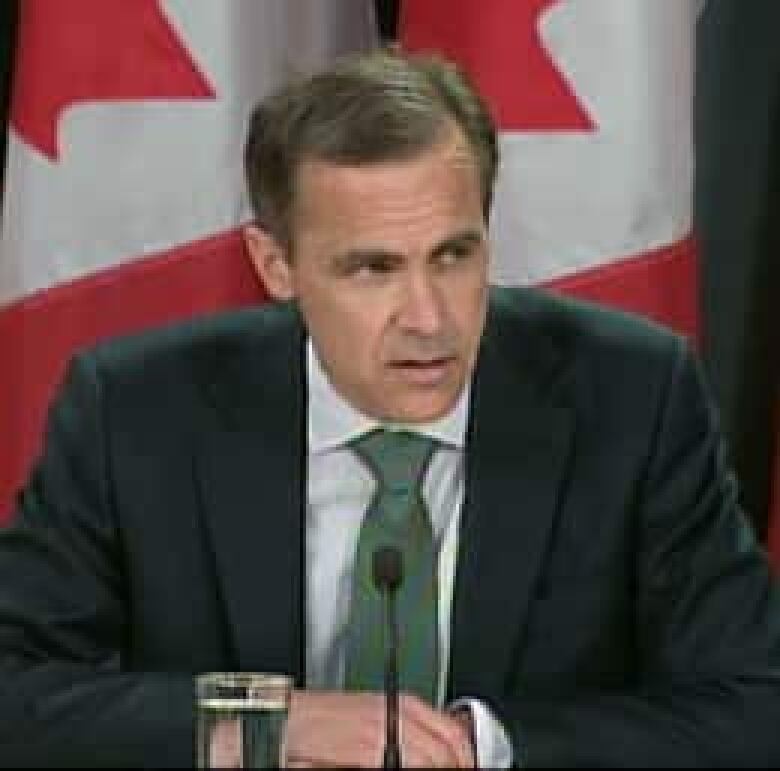Recession over, Bank of Canada says
The recession is over, the Bank of Canada said in its quarterly Monetary Policy Report released Thursday.
After shrinking since the last quarter of 2008, the Canadian economy will grow by an annualized rate of 1.3 per cent in the current quarter, the bank said.

However, unemployment will continue to rise, he said.
For many Canadians, "it's not a recovery until they start getting their jobs back. And on that score, we could still be in for a long wait," Avery Shenfeld, CIBC economist, said in a report published Thursday.
"Don't break out the champagne yet," said Patricia Croft, chief economist of RBC Global Asset Management.
The return to growth after three quarters of decline signals the end of the recession, defined as two consecutive quarters of shrinkage.
Growth will accelerate through late 2009 and by the first half of 2010, the Canadian economy will be booming along with four per cent growth. But that will begin to taper off to less than three per cent by the last half of 2011, the bank said.
Carney said consumer spending and housing are pulling the growth, especially in the U.S. But there is a "speed limit" to that kind of growth, and the economy will hit it after the burst in 2010, he warned.
| Percentage forecasts for Canada's economy | ||
| 2009 | 2010 | |
| Bank of Canada | -2.3 | +3 |
| International Monetary Fund | -2.3 | +1.6 |
| Conference Board | -1.9 | +2.7 |
| Scotiabank | -2.2 | +2.5 |
| Royal Bank | -2.4 | +2.5 |
| CIBC | -2.2 | +1.6 |
| Sources: Bank, agency reports | ||
The bank said in its report that "stimulative monetary and fiscal policies, improved financial conditions, firmer commodity prices, and a rebound in business and consumer confidence are spurring domestic demand growth."
"However, the higher Canadian dollar, as well as ongoing restructuring in key industrial sectors, is significantly moderating the pace of overall growth."
The loonie was up 1.14 cents to 92.17 cents US, which may have been a reaction to the bank's forecast.
The economic outlook is not much changed from its April report, although it says "the growth profile is slightly altered by a faster rebound in domestic demand," the bank said.
It projects that real gross domestic product, a measure of the economy, will fall 2.3 per cent this year, then grow three per cent in 2010 and 3.5 per cent in 2011.
Its 2009 forecast is in line with other projections, but it's more bullish about 2010 than many other projections.
However, the economy will not reach capacity, when supply and demand are in balance, until 2011.
Carney said the prospect of "extreme financial risk from beyond our borders" is no longer an issue, but the recovery is not certain.
Inflation, which has fallen with energy prices, will not increase to the target rate of about two per cent until the second quarter of 2011.
But "significant upside and downside risks remain to the inflation projection," particularly from the volatile loonie, the bank said.
The bank will set policy to ensure the inflation target is met, Carney said.